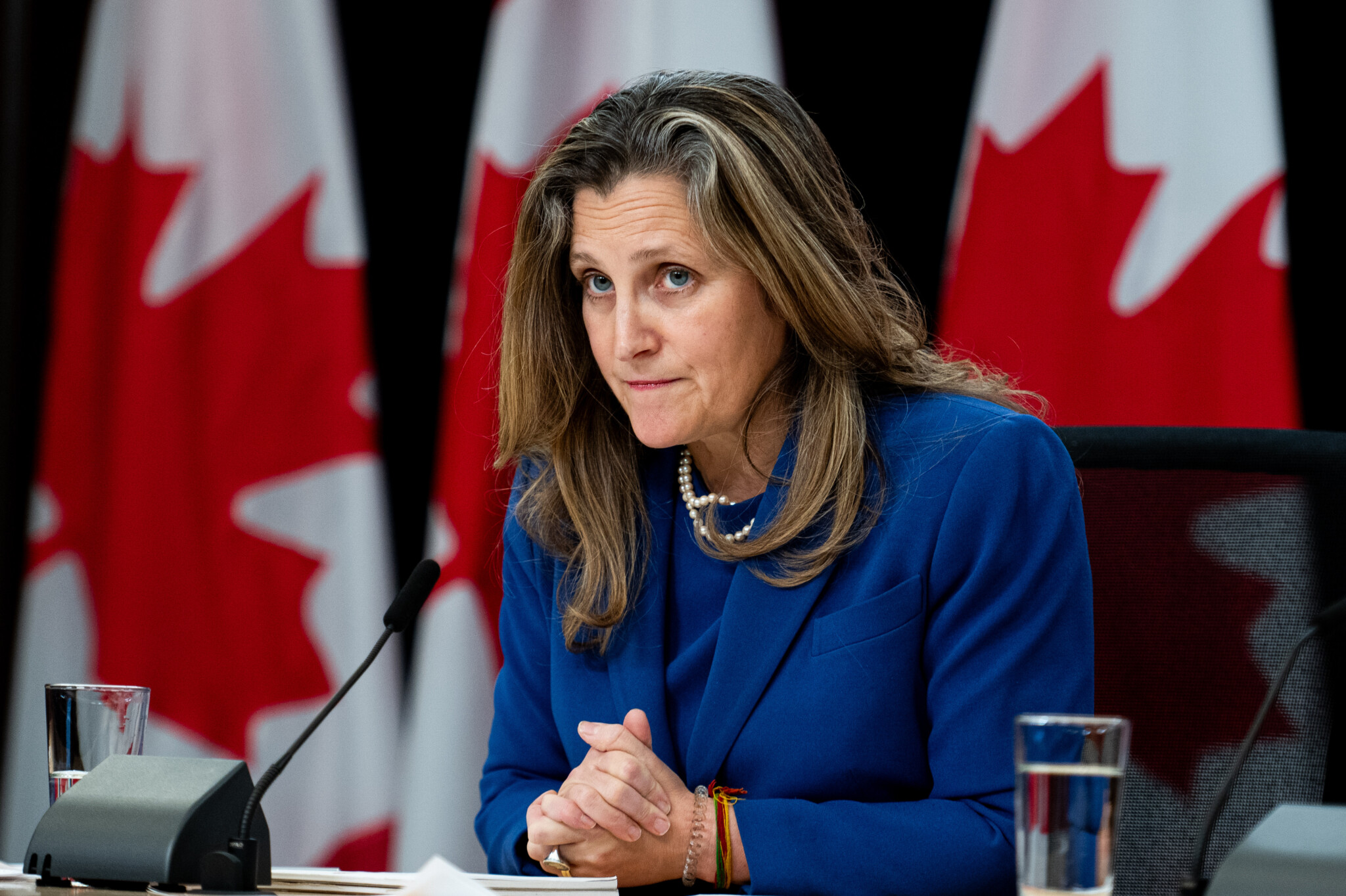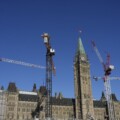In a recent episode of the Hub Roundtable, publisher Rudyard Griffiths and editor-at-large Sean Speer spoke to Robert Asselin, senior vice president of policy at the Business Council of Canada and a former policy and budget director for the federal minister of Finance. They discussed Monday’s Fall Economic Statement and the precarious state of Canada’s economy.
Here are three key takeaways from their discussion.
1. A pattern of fiscal indiscipline
The Trudeau government’s delayed fall economic statement and its failure to release the previous year’s public accounts signal disorganization and weak fiscal management within the Canadian government, says Asselin. Historically, fiscal updates served as a mid-year accountability measure, allowing governments to share adjustments to their economic forecasts and spending. However, this federal government has repurposed these fiscal updates into mini-budgets, introducing significant measures and complicating fiscal oversight.
The lack of transparency, particularly around what is likely to be the government surpassing its $40 billion fiscal anchor, raises questions about its ability to manage public finances effectively.
Rising unemployment and the uncertainty surrounding economic threats such as tariffs from a future Trump-led U.S. administration exacerbate these concerns. Asselin emphasizes that the delayed update reflects broader issues, including weak leadership within the Department of Finance and a government increasingly reactive rather than proactive in addressing economic challenges. The result is a concerning pattern of fiscal indiscipline, with little clarity about how Canada will navigate pressing economic and political pressures. A return to transparency and adherence to fiscal anchors is crucial to restoring public and market confidence.
2. Canada can no longer control its economic destiny
Canada’s fiscal trajectory has become increasingly unsustainable, driven by structural spending programs and politically motivated short-term measures, says Asselin. He critiques the government’s inability to manage its expenditures effectively, citing a potential $60 billion deficit, well above their $40 billion forecast. He points to irresponsible measures like the GST holiday and promised $250 cheques, which create lasting fiscal imbalances. Asselin adds that desperate moves create holes in the government’s fiscal framework.
Despite post-pandemic economic growth and higher-than-expected revenue, the government has consistently exceeded its spending targets. Asselin warns that this trajectory risks creating long-term structural deficits, particularly with looming commitments like increasing NATO spending to 2 percent of GDP and navigating potential economic shocks, such as U.S. tariffs.
Canada’s growing debt servicing costs, now over 10 percent of revenues, reflect the dangers of this fiscal path. If these trends persist, he says, Canada may face challenges reminiscent of the 1990s fiscal crisis, where we stared down a recession, large budget deficits, and high inflation.
3. What a brighter fiscal future could look like
Canada’s fiscal challenges underscore the need for restoring credibility and prioritizing economic growth. Asselin critiques the disconnect he sees between monetary and fiscal policy, where both federal and provincial governments have not implemented buffers to mitigate the current fiscal challenges. Asselin also says the Trudeau government’s abandonment of a fiscal anchor has led to an “open bar” on spending, where circumstances have then necessitated more spending. This misalignment has left Canada ill-prepared to navigate economic cycles, with limited protections for future downturns. Meanwhile, structural deficits have grown unchecked. “Unfortunately with this government, the finance minister has not been allowed, really, to say no to a lot of things,” he says.
Looking ahead, Asselin emphasizes the need for a productivity-driven economic agenda that prioritizes innovation and advanced industries. He critiques short-term tax cuts as insufficient to stimulate long-term growth and calls for targeted investments in high-growth sectors, similar to what we have seen in the U.S. Asselin says he “hope[s] the consequence of this really bad and worsening fiscal position is the creation of an obsession towards economic growth and productivity growth because, at the end, this is what will drive everything else.”
ChatGPT assisted in the creation of this article.








